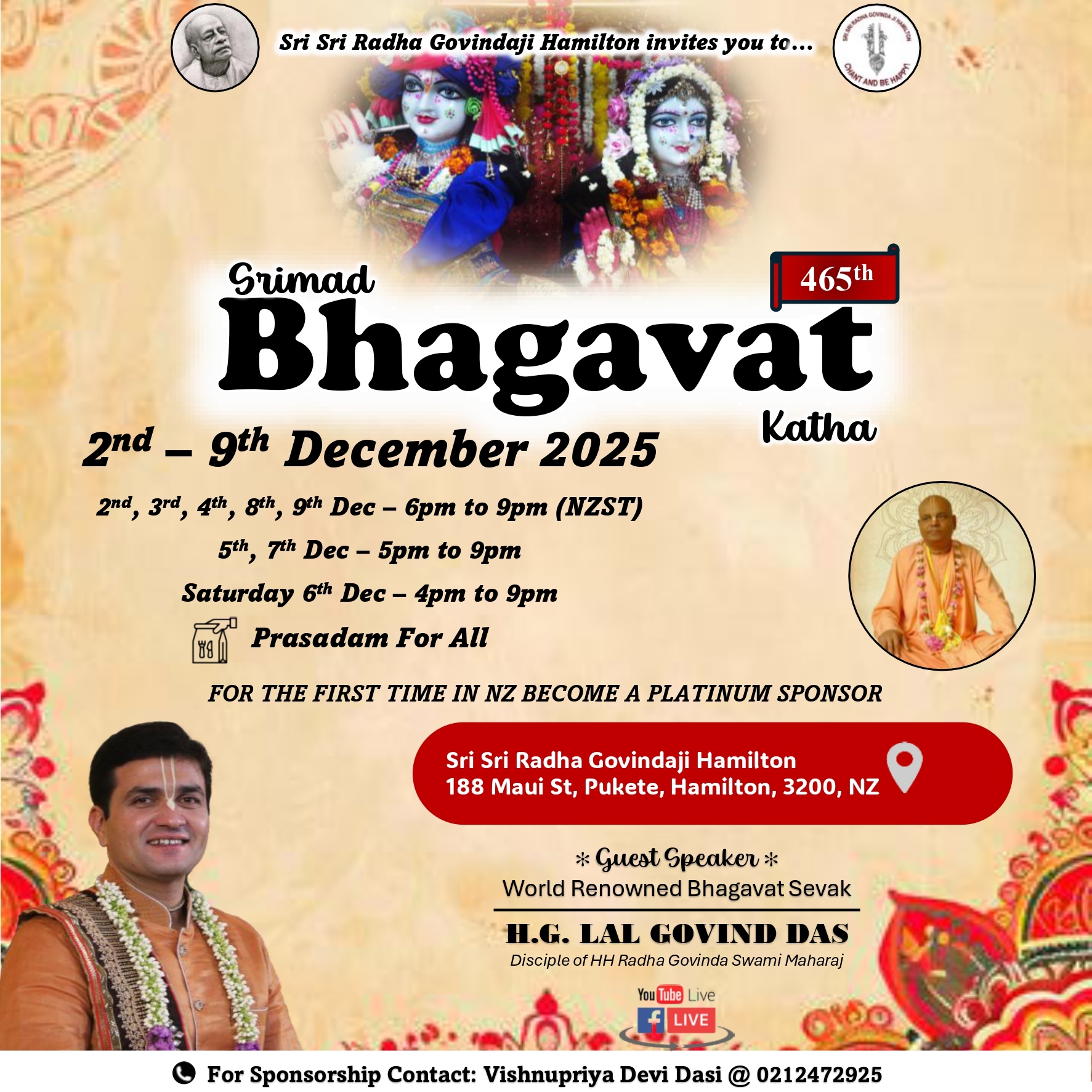Pañcatantra from India to Italy

On Friday 12 September, at Victoria University of Wellington, the New Zealand India Research Institute hosted a seminar on “A History of Influence through Translation: The Pañcatantra from India to Italy” by Dr Marco Sonzogni. Dr Sonzogni’s seminar drew upon his research into the world-wide diffusion, reception and translations of the Pañcatantra, an ancient Indian collection of animal fables believed to have been authored by the Indian sage Pandit Vishnu Sarma around 200 BCE.
Over the last 1500 years, he mentioned, more than 200 different versions in about 60 languages have been produced. As early as the 11th century this work reached Europe, and before 1600 it appeared in Greek, Hebrew, Latin, Spanish, Italian, German, French, English, Czech, Old Slavonic (and other Slavonic languages). It has also been retranslated into its original language, Sanskrit.
Dr Sonzogni argued that translations of fables such as these quickly made animal symbolism a truly universal model for ethical conduct, intelligent living and peaceful relationships, and thus informed the wisdom and knowledge of target cultures with idiomatic expressions, nursery rhymes, ballads, proverbs, fables and other forms of adaptation.
Dr Sonzogni is currently mapping and digitalising this spread of influence from ancient India through translations into European literary traditions and cultural usage over a long period of time.
Dr Marco Sonzogni is the current Director of the New Zealand Centre for Literary Translationat Victoria University. He is a widely published academic and an award-winning translator, editor and poet.
On Friday 12 September, at Victoria University of Wellington, the New Zealand India Research Institute hosted a seminar on “A History of Influence through Translation: The Pañcatantra from India to Italy” by Dr Marco Sonzogni. Dr Sonzogni’s seminar drew upon his research into the world-wide...
On Friday 12 September, at Victoria University of Wellington, the New Zealand India Research Institute hosted a seminar on “A History of Influence through Translation: The Pañcatantra from India to Italy” by Dr Marco Sonzogni. Dr Sonzogni’s seminar drew upon his research into the world-wide diffusion, reception and translations of the Pañcatantra, an ancient Indian collection of animal fables believed to have been authored by the Indian sage Pandit Vishnu Sarma around 200 BCE.
Over the last 1500 years, he mentioned, more than 200 different versions in about 60 languages have been produced. As early as the 11th century this work reached Europe, and before 1600 it appeared in Greek, Hebrew, Latin, Spanish, Italian, German, French, English, Czech, Old Slavonic (and other Slavonic languages). It has also been retranslated into its original language, Sanskrit.
Dr Sonzogni argued that translations of fables such as these quickly made animal symbolism a truly universal model for ethical conduct, intelligent living and peaceful relationships, and thus informed the wisdom and knowledge of target cultures with idiomatic expressions, nursery rhymes, ballads, proverbs, fables and other forms of adaptation.
Dr Sonzogni is currently mapping and digitalising this spread of influence from ancient India through translations into European literary traditions and cultural usage over a long period of time.
Dr Marco Sonzogni is the current Director of the New Zealand Centre for Literary Translationat Victoria University. He is a widely published academic and an award-winning translator, editor and poet.









Leave a Comment